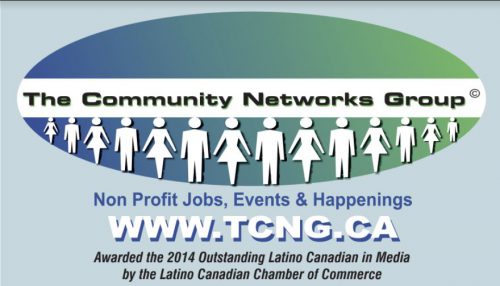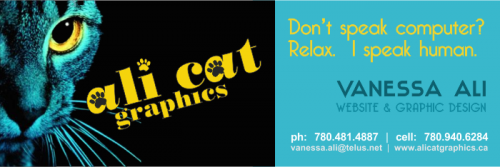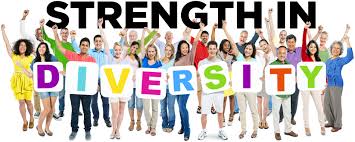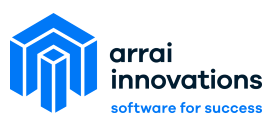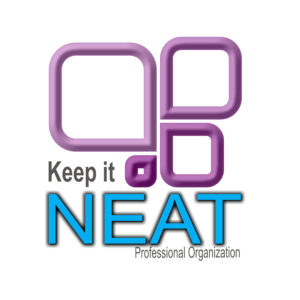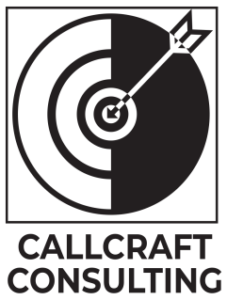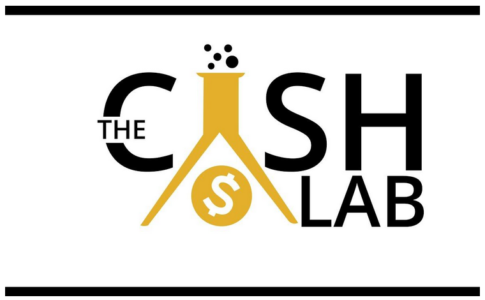One of the biggest questions facing the 21st Century civilization is “how are we going to manage the escalating automation of our world so we continue to live safe, prosperous, and fulfilling lives?”
In general, naturally, we are going to manage intelligence with intelligence. The intelligence we are going to use will be some combination of personal (cognitive and emotional), social or collective, and artificial intelligence. Of course it all derives from natural intelligence, something we see every day in such things as fractals in plant leaves and blood vessels, or in the balance of species in an ecosystem. Think of AI as a new species arriving in our civil ecosystem we call civilization. How do we accommodate and use it for our highest purposes rather than compete with it?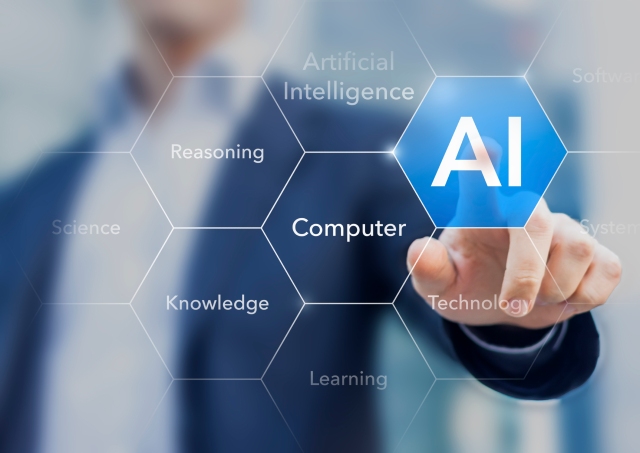
We struggle with other seemingly insurmountable issues such as climate change, the growing gap between the super-rich and everyone else, the concentration of corporate control, and the polarization of political, ethnic and religious populations. In this context the continued penetration of AI into our lives becomes more challenging. AI can be a spoiler in the hands of those who acquire it first.
We need not examine in detail all the various approaches and applications to artificial intelligence, such as robotics, neural networks, deep (machine) learning, forged labour or synthetic intelligence. Many AI professionals like to make sharp distinctions, but for those of us who are going to have our job descriptions radically altered, have our security seriously challenged, and maybe get attacked by smart weapons, maybe its all the same stuff. There are opportunities and threats for all of us on many fronts. We each and all need to be strategic, individually and collectively.
One thing is for sure, as far as I am concerned. We need to think big, long and hard about how our world is systematically migrating to a different platform as we live and breathe. The AI professionals have told us for years, “don’t worry, AI won’t be around to bother you in your lifetime“. Others have been hitting the hype buttons. Meanwhile, most AI professionals have been sprinting a marathon in hopes of getting in on the one breakthrough that is the real game-changer.
Now many of them are telling us that significant breakthroughs could happen in the next five to ten years. And the common public response is, “we’ve heard that nonsense before“. Someone cried ‘wolf’ one too many times. Meanwhile, robots continue to infiltrate the manufacturing lines and now the service lines. Algorithms chase down meaningful patterns in millions of data points. Watson out-smarts our greatest knowledge keepers, and a robot actually passes a college entrance exam. And, yes, one AI system can read the expressions in human faces better than many people can.
Public policy is notoriously reactionary and delayed. While our governments are a nerve centre for our nations, they are not well prepared to anticipate emerging needs and lead discussion and action. They react to lobbyists, disasters and voters at election time. There is nothing stopping ordinary concerned citizens from becoming informed , holding their own discussions and coming up with their own plans and policy positions.
 We will need to structure the public dialogue to deal with complex issues such as the impacts of AI on modern civil systems (society, economy, culture, and politics). We have had many brainstorming tools in practice for longer than my lifetime.
We will need to structure the public dialogue to deal with complex issues such as the impacts of AI on modern civil systems (society, economy, culture, and politics). We have had many brainstorming tools in practice for longer than my lifetime.
More recently we have seen growing popularity of approaches such as systems and design thinking, strategic foresight, behavioural insights and predictive analytics. We can start with a simple SWOT analysis, and look at the emerging Strengths, Weaknesses, Opportunities and Threats. Let’s put these smart methods to good use. As we begin a local conversation we can exchange our best ideas and methods and learn how to make progress against this impending behemoth of change. Then scale up.
With wise use of artificial, cultural, collective and personal intelligence we may soon be able to co-ordinate efforts around the world to develop a shared vision of what we want to be when we grow up. I suggest we start using smart methods now.





